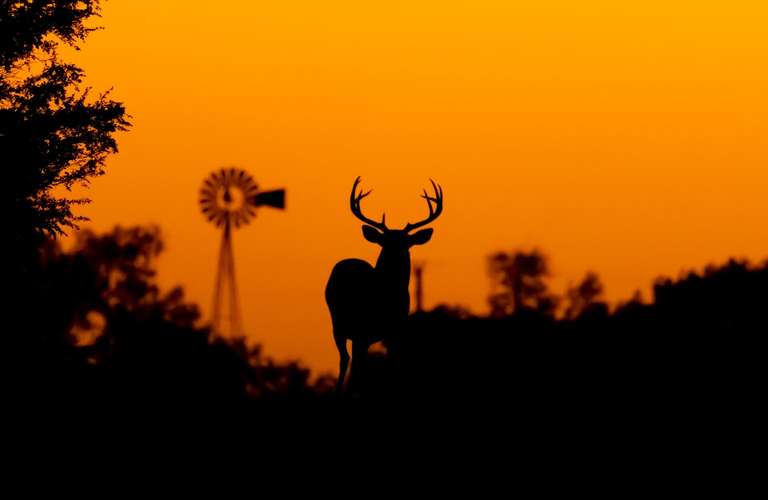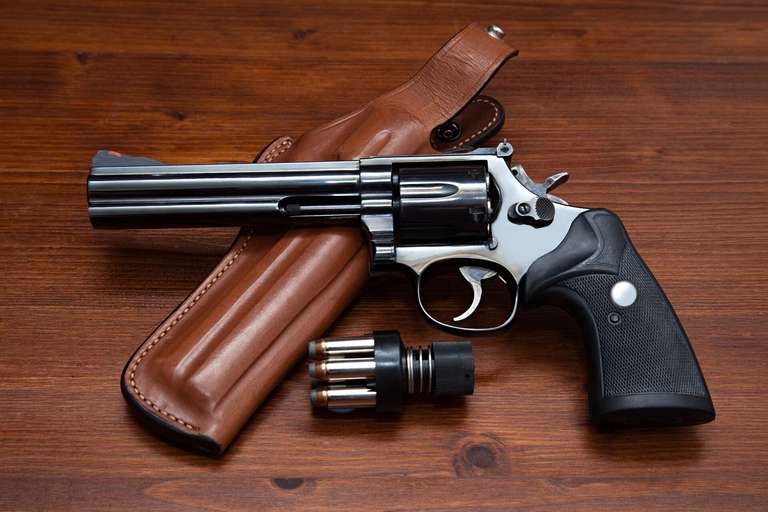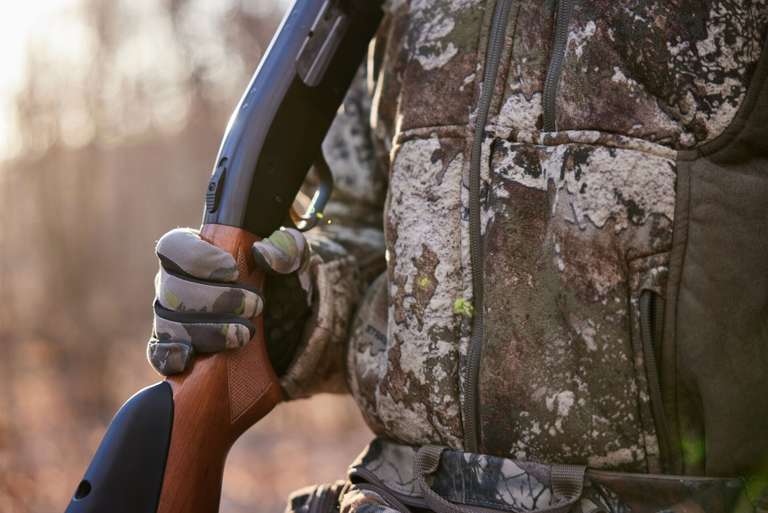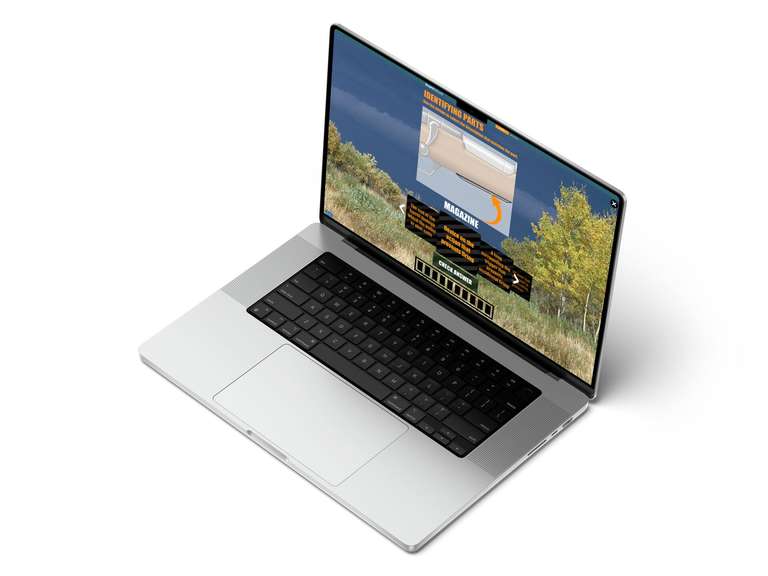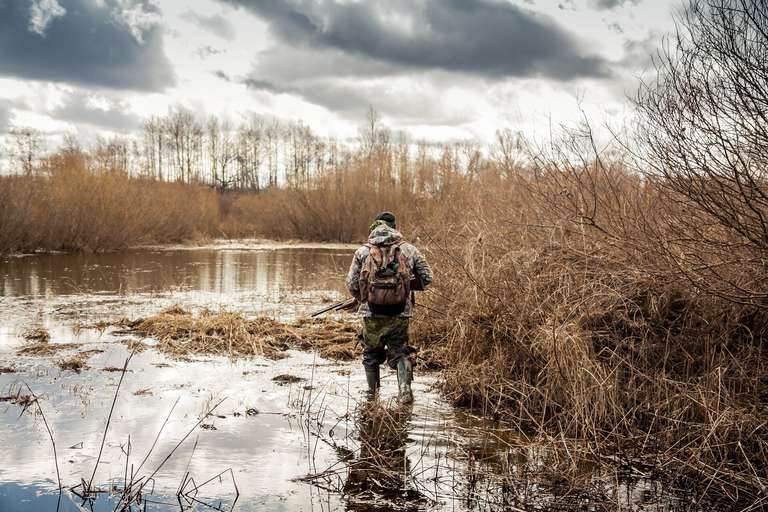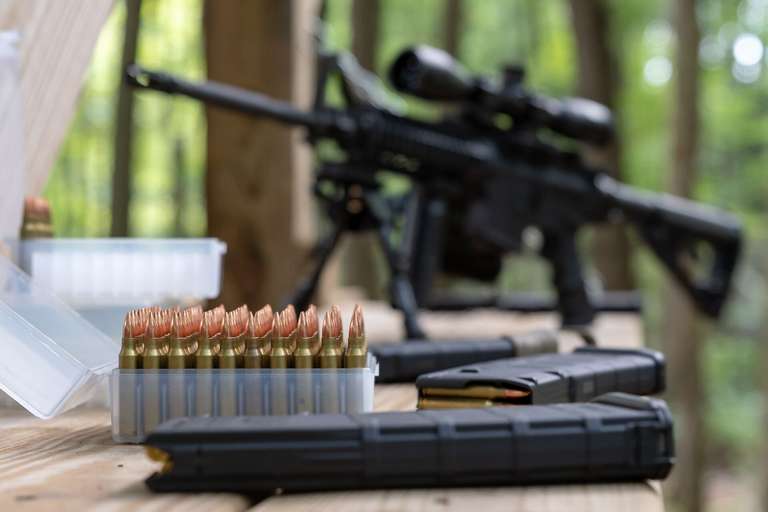Outdoor Survival Tips for a Safe Hunt
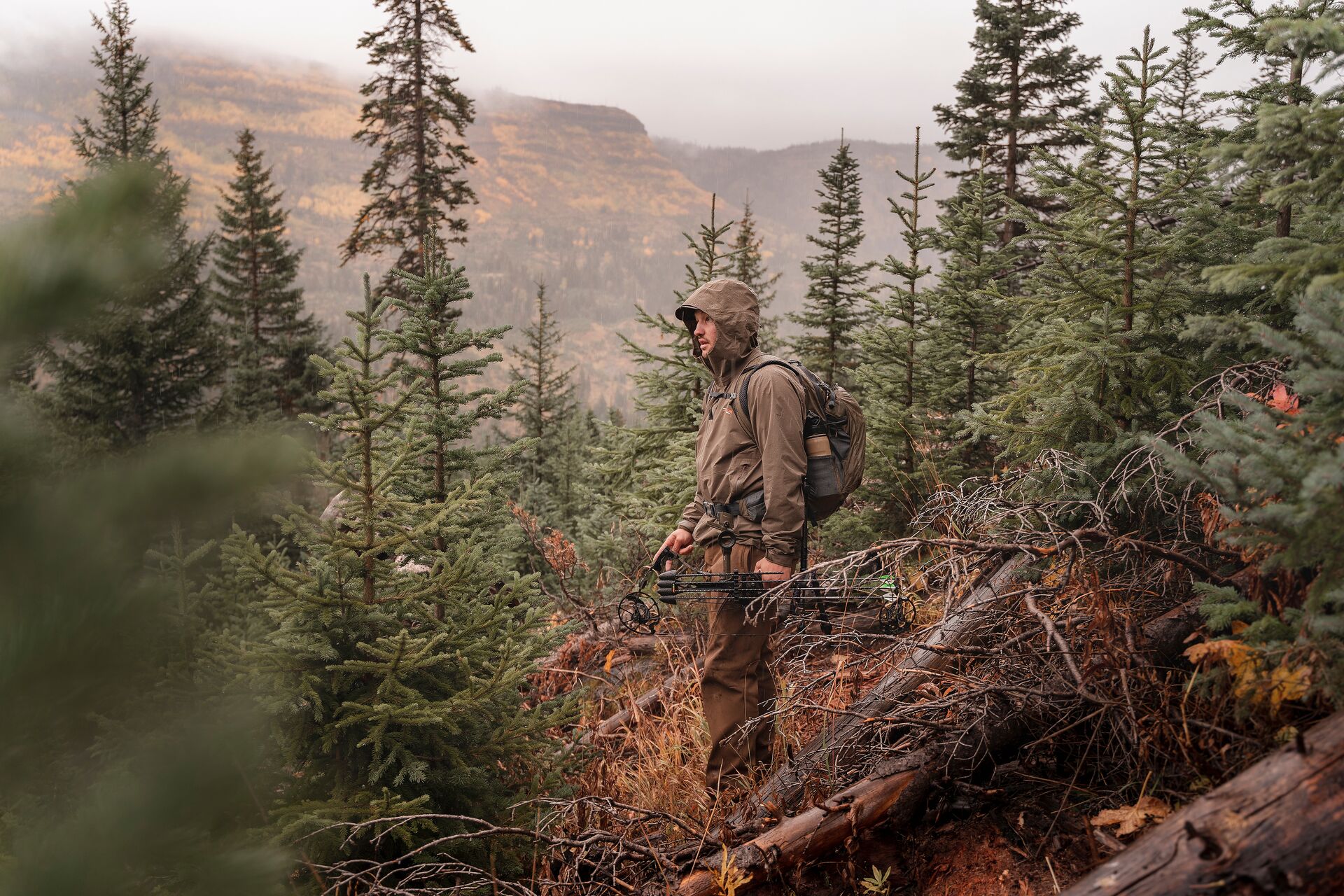
Every time you head to the fields, woods, or mountains for a hunt, there is always a risk of the unexpected derailing your outing. Whether it’s weather, equipment failure, injury, or poor decision-making, you need to have basic outdoor survival skills to keep minor problems from turning into life-or-death situations.
Knowing and practicing outdoor survival fundamentals for the areas you hunt isn’t only about planning for worst-case scenarios. The survival skills and mindset you develop are critical to your safety and success as a hunter.
We're here to help! Today, we'll cover:
- Knowing the Terrain
- Navigation Tips
- Dressing for the Unexpected
- Making a Fire
- Gear to Bring With You
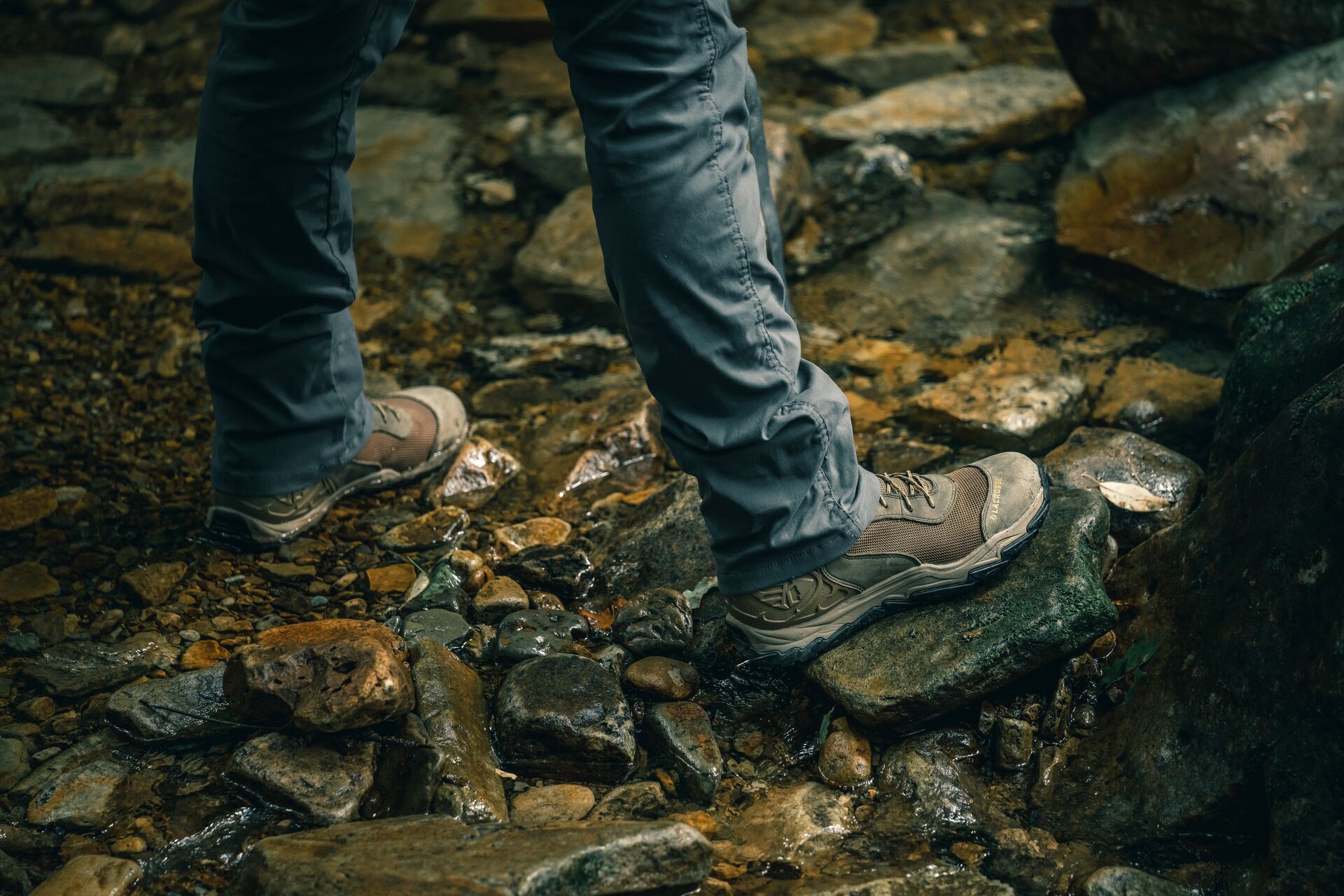
Know the Terrain Before You Go
One of the first steps to a safe, smart hunt is studying the area you’ll be hunting. Today's map apps, equipped with built-in GPS functions and satellite imagery, can help you pinpoint terrain features, trailheads, property boundaries, water sources, and even vegetation types.
Practice translating the topographic map to the actual terrain so you can genuinely understand how elevation lines look in real life. I’ve been guilty of viewing topographic maps and not realizing how steep some hillsides are until I’m out in the field. What looked like a relatively easy climb on an online, hybrid map of topographic and satellite imagery was a nightmare of climbing over deadfall and steep side-hilling. What should have taken me an hour to traverse took nearly four.
With that experience in mind, I also recommend using your map studies for multiple entry and exit routes for every hunt.
Navigation: Don't Just Rely on Your Phone
I’ve become a massive fan of using GPS apps with offline mapping capability (HuntWise is a good one) on my mobile phone. This technology can be highly accurate and even allow you to set tracks to backtrack your path in case you get turned around.
However, batteries die, and mobile devices have an uncanny knack for falling into creeks or getting drenched. That’s why you should always carry a paper map and compass. Those old-school tools still require you to know how to use them.
The off-season is an excellent time to practice these skills, including taking an accurate bearing, triangulating your position using known landmarks, and using dead reckoning.
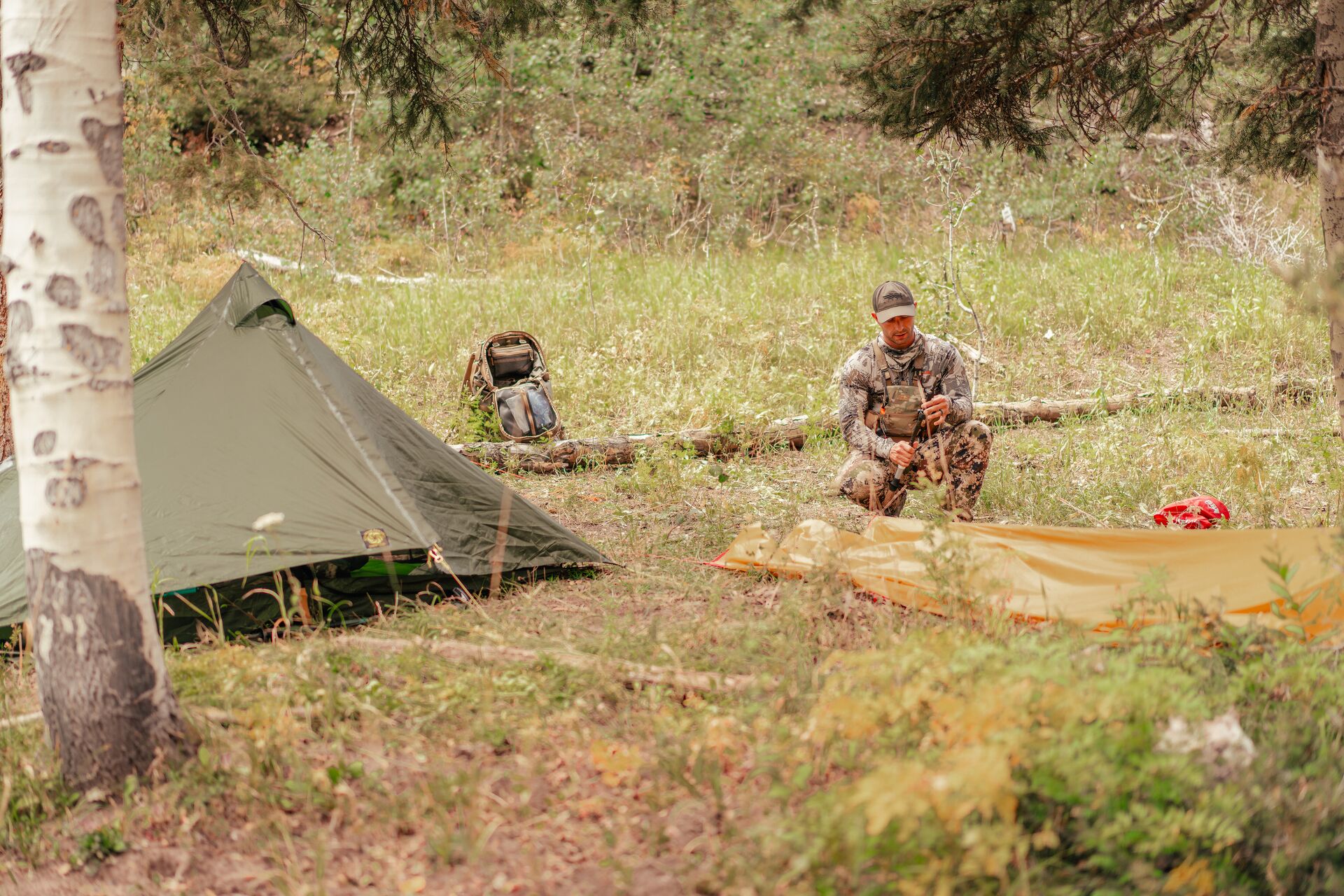
Tell Someone Your Plan
A good communications plan has saved many lives.
Always tell a family member or friend about your specific hunting plans. The information you should provide includes your expected time of arrival and departure, the location of the trailhead, and your anticipated route. If possible, share the exact GPS coordinates for those locations.
If terrain or weather forces you to change your location or route, share those updates with your trusted contacts. This information is crucial if search and rescue personnel need to locate you quickly, as it can save you from an unexpected overnight stay in a risky situation.
When your hunting area has poor cell coverage, consider investing in a satellite communications device, such as the Garmin InReach or newer model iPhones with carrier-based built-in satellite connections.
Dress for the Unexpected
The weather is consistently inconsistent and often does not cooperate with the meteorologist’s forecast. That’s why you should always dress in layers.
Developing a personal layering system that includes a moisture-wicking base layer, an insulating mid-layer, a windstopper layer, a static insulation outer layer, and rain gear is crucial.
Having a trusted clothing system that you can easily adapt to the current weather will keep you comfortable and allow you to stay in the field as long as you’d like instead of being chased out by the cold, rain, or snow.
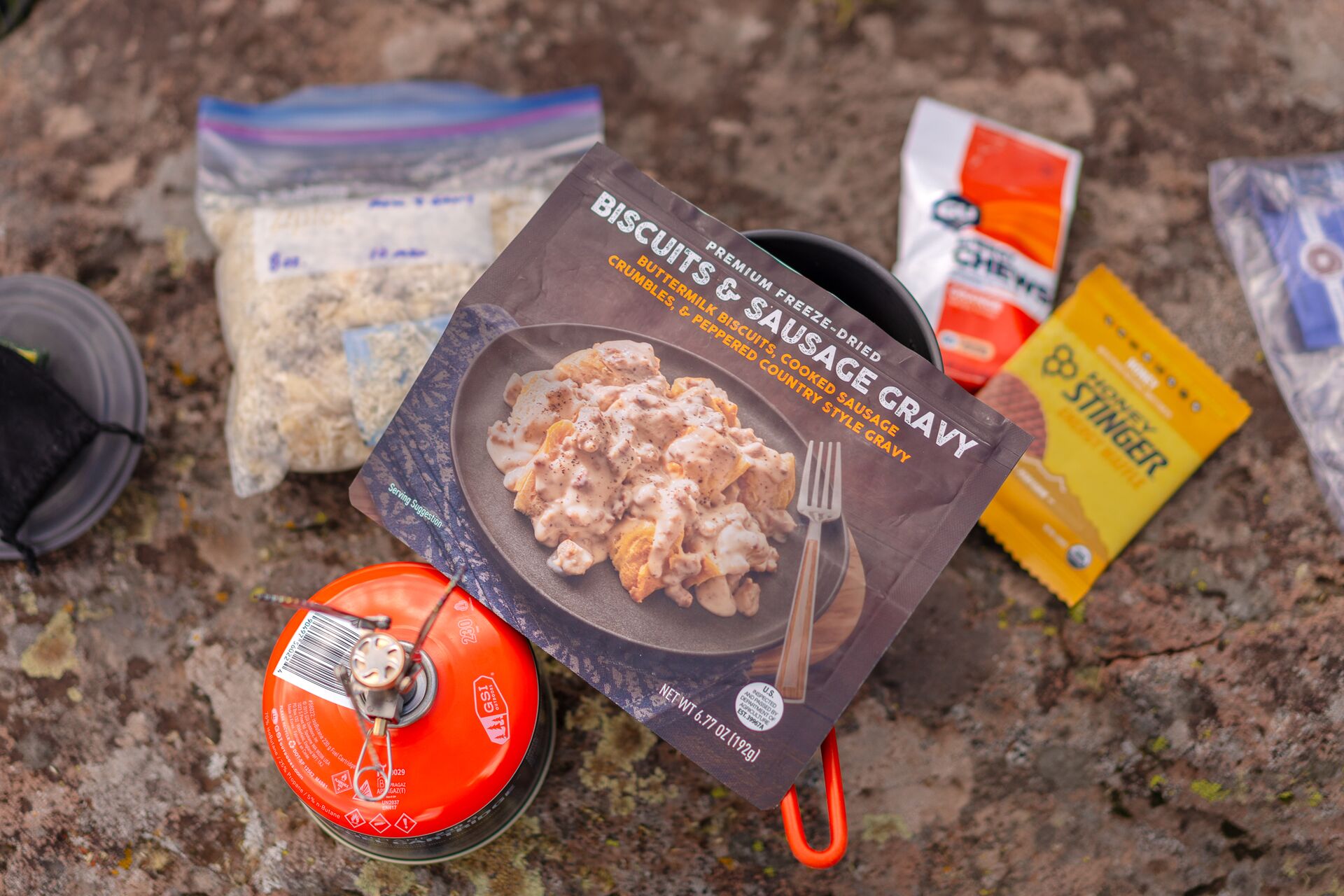
Stay Hydrated and Fueled
To stay sharp and alert in the field, keep your body hydrated and well-fueled. Ensure you have access to plenty of clean water, including multiple water bottles, a hydration bladder, and a method to safely filter water from natural bodies of water.
Consider adding an electrolyte mix to one of your water bottles to replace electrolytes lost through sweating.
Include high-calorie and nutrient-dense foods and snacks in your pack. Carry foods you’re used to eating, like energy bars, jerky, pemmican, candy bars, or trail mix, to avoid stomach issues.
Fire-Making Is a Must-Have Skill
Fire is more than a heat source. You can use it to cook food, purify water, provide comfort, and act as a signal beacon. That’s why you should always carry a reliable lighter, matches, and a ferro rod with fire-starting material.
Even on a day hunt, I’ll carry a small disposable lighter in my pants pocket and have a second lighter in my pack, along with matches and a Ferro rod. Having redundancy in your fire-making tools is critical.
Practice building fires using all these tools in various weather conditions, such as high winds and rain, and using wet materials.
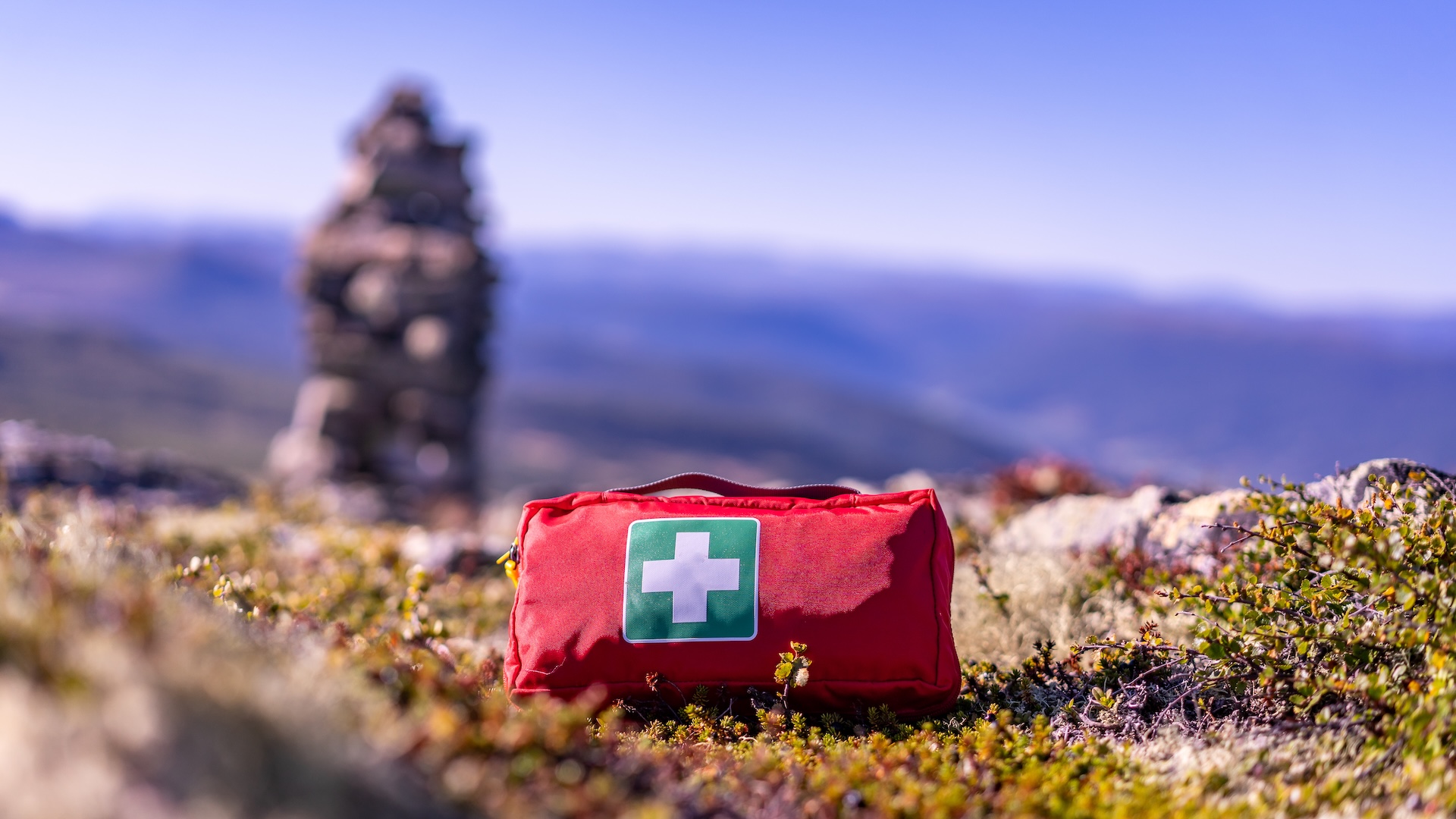
Know Basic First Aid
Medical issues, from minor cuts and scrapes to life-threatening emergencies, can happen at any time. And your chances for injury dramatically increase when you’re traversing thick brush, steep terrain, and icy conditions.
When professional medical help may be hours away, you want to have the capability of being your own first responder.
You’ll want to have the skills and confidence to treat common outdoor injuries, such as cuts, sprains, allergic reactions, hypothermia, and heat exhaustion. You should also be prepared to properly clean and dress wounds, stabilize suspected fractures, and stop major bleeds.
I recommend taking an introductory first aid course from the American Red Cross or, better yet, a wilderness first aid course from a reputable national organization.
Don't Forget Your Dog
Carry a well-stocked compact first aid kit in your pack and a better-stocked kit in your truck. However, only carry supplies that you have the skills to use.
If you're hunting with a dog, also take a canine-specific first aid kit.
Shelter in Place if Lost
If you are seriously injured or get disoriented, stay in place. Calmly assess your situation and remember the acronym STOP: Sit, Think, Observe, Plan.
If you still feel lost or unable to return to your vehicle, contact a loved one to coordinate help. If you are unable to do that, or the situation is dire, use the SOS feature on your satellite communicator or mobile device.
Be prepared to wait. Set up your emergency tarp, bivy sack, or space blanket to protect you from the elements and conserve energy. If you don’t have those emergency shelter options, build a lean-to or shelter under the protective canopy of a large tree.
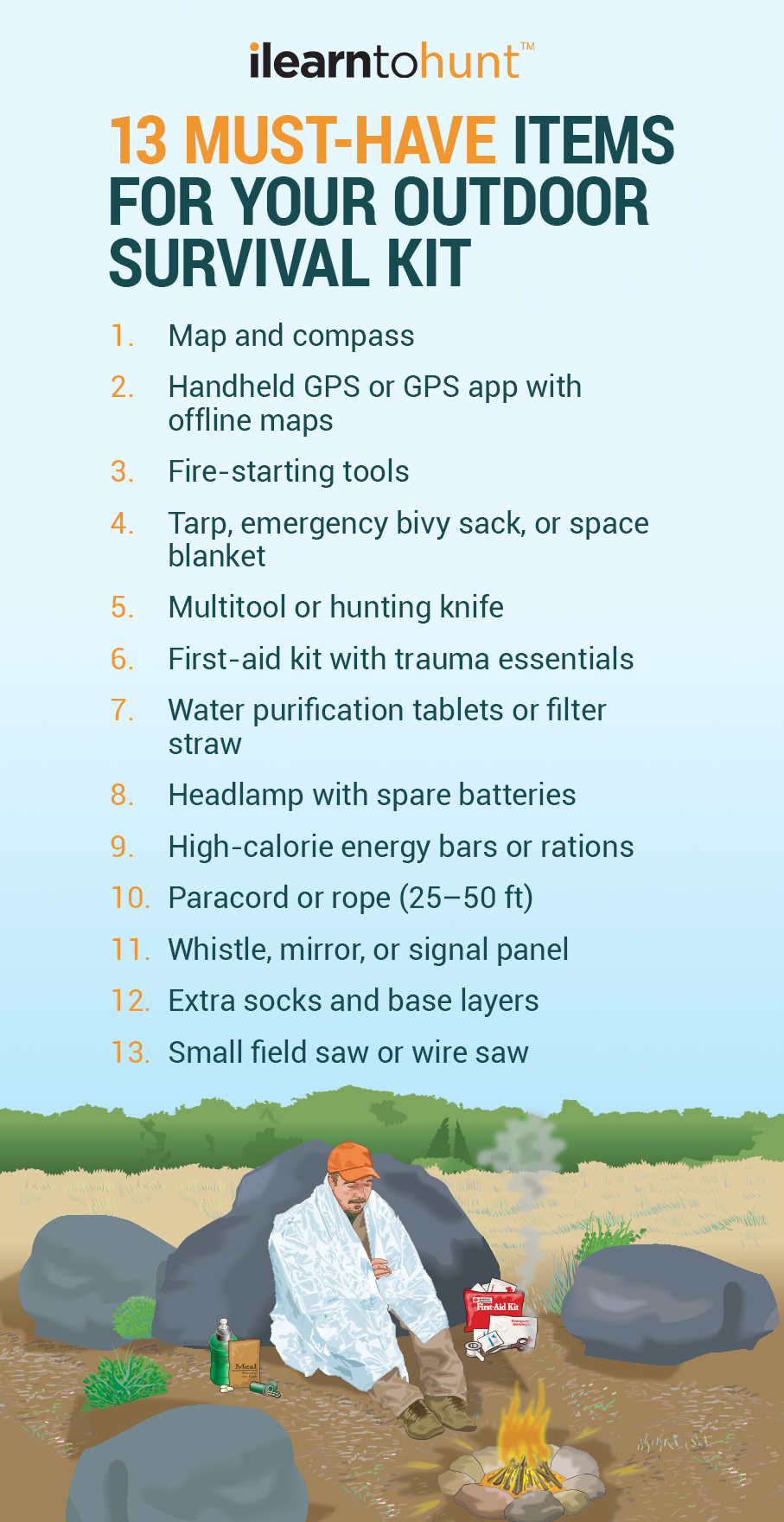
Essential Outdoor Survival Gear for Hunters
What gear should you carry to be prepared for outdoor activities?
Here is a list of items to include in your outdoors survival gear kit:
- Compass and map (online and paper)
- Handheld GPS with offline map capability
- Fire-starting tools: waterproof matches, lighter, ferro rod
- Emergency shelter: tarp, bivy sack, or space blanket
- Multitool or quality hunting knife
- First aid kit with trauma essentials to stop major bleeds
- Water purification tablets or a filter straw
- Resealable plastic bag (one gallon) for water storage
- Headlamp (plus spare batteries)
- High-calorie energy bars and snacks
- Paracord (25-50 ft)
- Signaling tools: whistle, mirror, signal panel
- An extra pair of wool socks and dry base layers
- A small field saw, or wire saw, for cutting branches
While each item plays a specific role in providing shelter, water, food, medical care, and fire, look for areas where some items can do double duty. For example, a sturdy space blanket can also serve as an emergency tarp, and a larger multitool will often have a saw blade that can work on medium-sized branches and small trees.
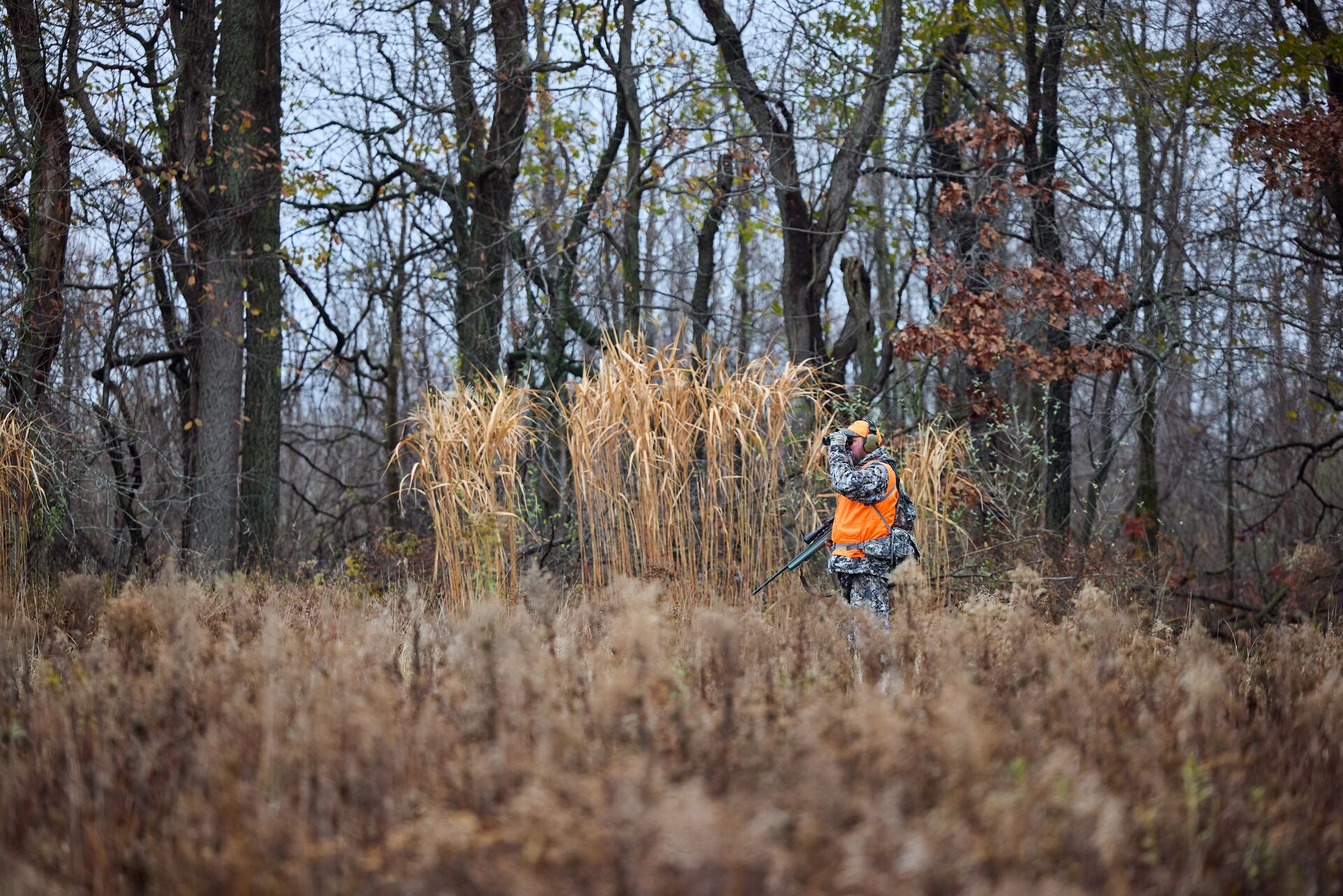
Outdoor Survival Prep Helps You Stay Safe When Hunting
Developing outdoor survival skills takes knowledge and ongoing practice. Having these critical skills is vital in emergencies or extreme situations, as they can turn a potentially adverse event into an inconvenience rather than a true survival scenario.
Learn the fundamentals now so you’ll be ready to handle what Mother Nature throws at you during hunting season. In addition to the tips we've shared today, make sure you know how to stay safe when hunting.
Start by completing an online hunter safety course through ilearntohunt. In addition to learning basic outdoor survival skills, you’ll gain essential knowledge about emergency procedures, hunting safety tips, and other critical field skills to be an effective, ethical, and safe hunter. Plus, most states require hunters to take a hunter education course to get a license.
Before your next hunt, take the ilearntohunt course for your state!

